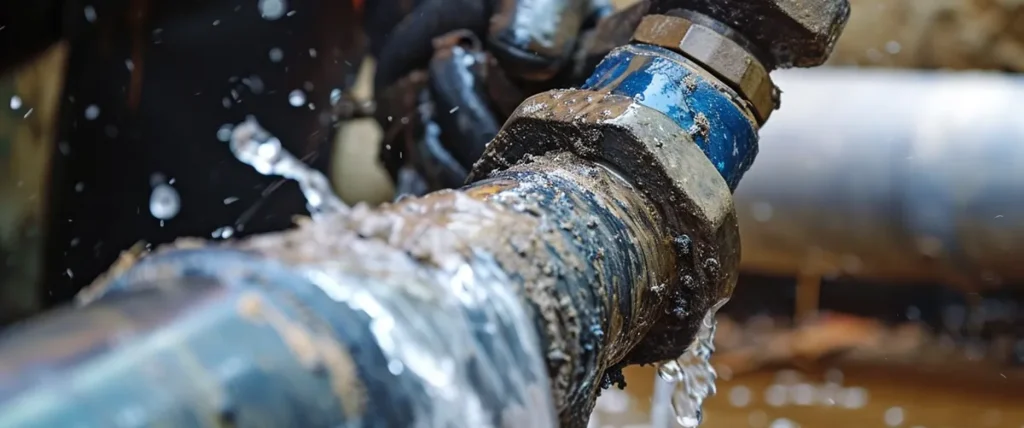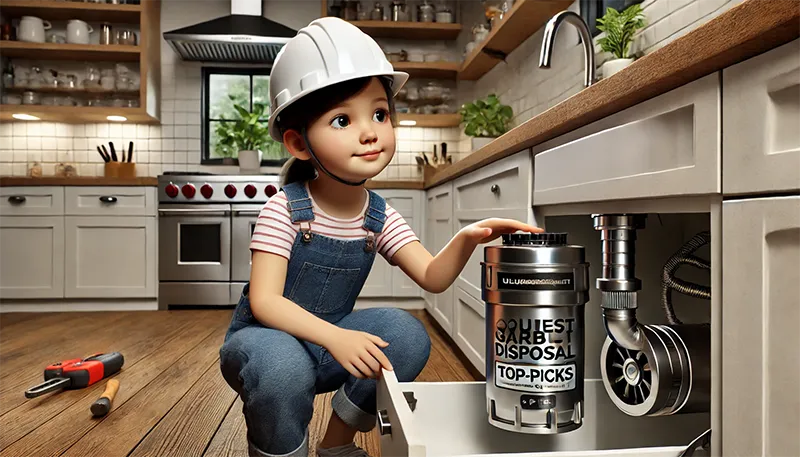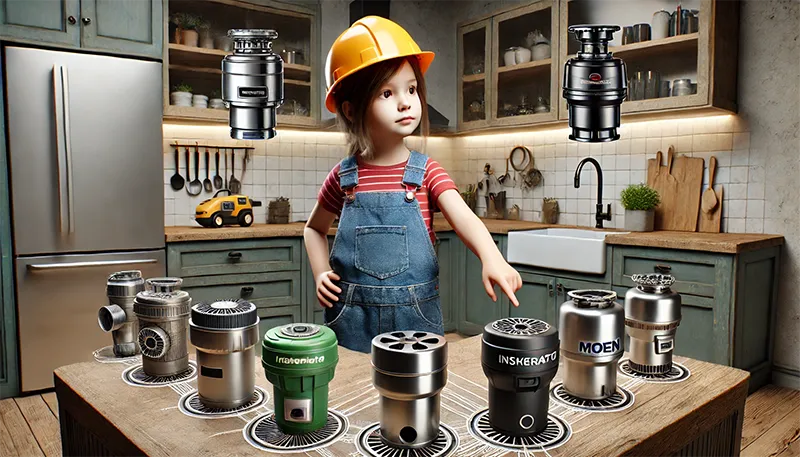Plumbing leaks are a common issue that can lead to significant damage if not addressed promptly. Understanding the causes of these leaks is crucial for homeowners and property managers alike. This article will explore the various factors that contribute to plumbing leaks and provide insights into how they can be prevented. By identifying the root causes, you can take proactive measures to protect your plumbing system and avoid costly repairs.
Common Causes of Plumbing Leaks
Plumbing leaks can arise from various sources. Here are some of the most common causes:
Corrosion
- Chemical reactions between metal pipes and water can lead to corrosion.
- Older pipes are particularly vulnerable to corrosion, which can weaken them over time.
- Regular inspections can help identify early signs of corrosion.
High Water Pressure
- Excessive water pressure can strain pipes, leading to leaks.
- Safe water pressure ranges are typically between 40-60 psi (pounds per square inch).
- Installing a pressure regulator can help maintain optimal water pressure.
Clogs
- Clogs caused by debris, grease, and hair can create pressure buildup in pipes.
- This pressure can lead to leaks if not addressed promptly.
- Using drain strainers and proper waste disposal can prevent clogs.
Temperature Changes
- Pipes can expand and contract due to temperature fluctuations.
- Freezing temperatures can cause pipes to burst, leading to leaks.
- Insulating pipes can help mitigate the impact of temperature changes.
Poor Pipe Insulation
- Uninsulated pipes are at risk of freezing and bursting in cold climates.
- Proper insulation can prevent these issues and extend the life of your plumbing system.
- Focus on insulating exposed pipes in unheated areas.
Deterioration of Piping
- Over time, pipes can deteriorate due to aging infrastructure and wear.
- Regular inspections can identify weak points in the plumbing system.
- Replacing old pipes can prevent leaks and improve system reliability.
Faulty Installation and Workmanship
- Incorrect installation of pipes and fixtures can lead to leaks.
- Hiring a professional plumber ensures proper installation and reduces the risk of leaks.
- Quality workmanship is essential for a reliable plumbing system.
Understanding these causes of plumbing leaks is the first step in preventing them. By addressing these issues proactively, you can protect your home from water damage and maintain a healthy plumbing system.
Preventive Measures
Taking proactive steps can significantly reduce the risk of plumbing leaks. Here are some effective preventive measures:
Regular Inspections
- Conduct periodic plumbing checks to identify potential issues early.
- Look for signs of leaks, such as water stains, mold, or dampness.
- Regular inspections can help catch small problems before they become major repairs.
Maintaining Moderate Water Pressure
- Use a pressure regulator to ensure water pressure remains within safe limits.
- Regularly monitor and adjust water pressure to prevent strain on pipes.
- Maintaining moderate water pressure can extend the life of your plumbing system.
Proper Waste Disposal
- Avoid disposing of harmful items like grease, coffee grounds, and hair down the drains.
- Use drain strainers to catch debris and prevent clogs.
- Proper waste disposal reduces the risk of pressure buildup and leaks.
- Insulate exposed pipes, especially in unheated areas like basements and attics.
- Pipe insulation helps prevent freezing and bursting during cold weather.
- Insulating pipes is a cost-effective way to protect your plumbing system.
Professional Maintenance
- Schedule regular maintenance with a professional plumber to assess your system.
- Professional evaluations can identify potential issues and recommend solutions.
- Investing in professional maintenance can prevent costly repairs in the future.
Installing a Water Softener
- Consider installing a water softener if your home has hard water.
- Water softeners reduce mineral deposits that can corrode pipes.
- A water softener can improve the longevity and efficiency of your plumbing system.
FAQs
Q: What are the signs of a plumbing leak?
A: Look for water stains, increased water bills, and the sound of running water when no fixtures are in use.
Q: How often should I inspect my plumbing?
A: It’s recommended to inspect your plumbing at least once a year.
Q: Can high water pressure damage my pipes?
A: Yes, high water pressure can strain pipes and lead to leaks or bursts.
Q: Why is pipe insulation important?
A: Insulation prevents pipes from freezing and bursting in cold weather, reducing the risk of leaks.
Conclusion
By implementing these preventive measures, you can significantly reduce the risk of plumbing leaks and protect your home from potential water damage. Regular inspections, maintaining moderate water pressure, and proper waste disposal are simple yet effective strategies to ensure a healthy plumbing system. Additionally, investing in professional maintenance and installing a water softener can further enhance the longevity and efficiency of your plumbing.
Understanding the causes of plumbing leaks and taking proactive steps to prevent them is crucial for maintaining a reliable plumbing system. I encourage you to implement these strategies in your home to safeguard against leaks and enjoy peace of mind.
RELATED POST



